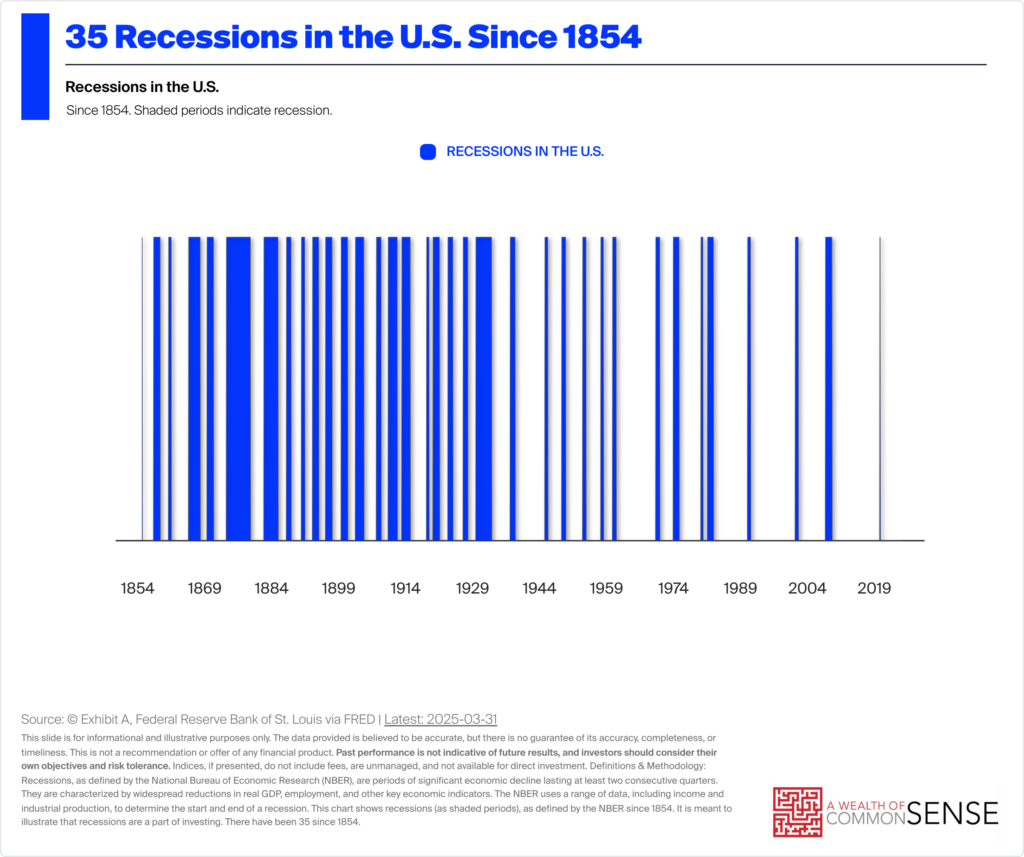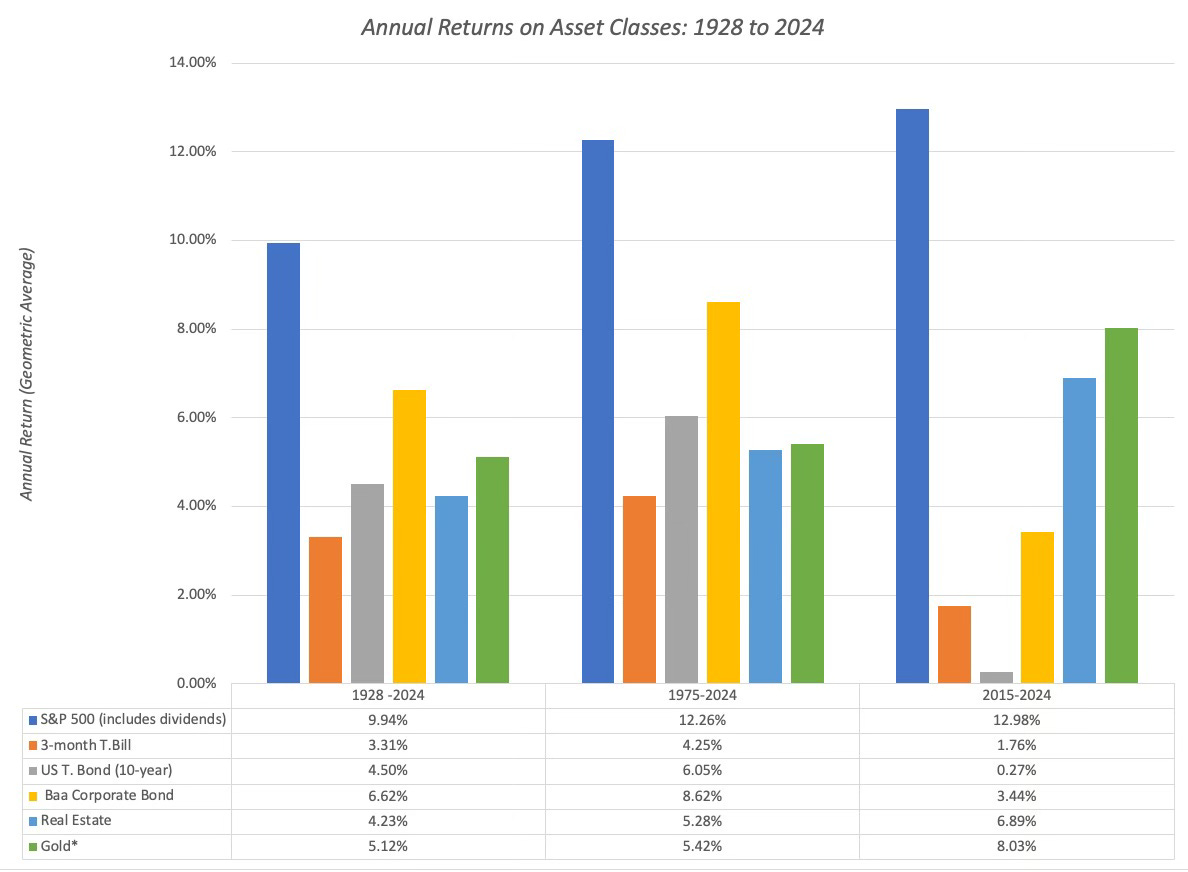Top 3 Benefits of Delaying Retirement
A recent MassMutual survey found that Americans consider 63 an ideal retirement age. And that makes sense on a lot of levels. By age 63, many people have already put in 40 years or more in the workforce. And also, by 63, it’s possible to sign up for Social Security. And while Medicare eligibility doesn’t […] The post Top 3 Benefits of Delaying Retirement appeared first on 24/7 Wall St..

A recent MassMutual survey found that Americans consider 63 an ideal retirement age. And that makes sense on a lot of levels.
By age 63, many people have already put in 40 years or more in the workforce. And also, by 63, it’s possible to sign up for Social Security. And while Medicare eligibility doesn’t arrive for another couple of years, some people may be able to get around that.
Key Points
-
Working longer offers numerous financial benefits.
-
It could enable you to add to your savings or enjoy added growth in your portfolio before it needs to be tapped.
-
It could also result in larger Social Security checks for life.
-
4 million Americans are set to retire this year. If you want to join them, click here now to see if you’re behind, or ahead. It only takes a minute. (Sponsor)
But as tempting as it may be to retire in your early or mid-60s, the reality is that delaying retirement could be quite beneficial to you. Here are some of the perks of working a bit longer.
1. You can boost your nest egg
Americans aged 65 to 74 had a median $200,000 in retirement savings as of 2022, according to Federal Reserve data. That’s better than having no savings, but it’s not a lot of money to live on.
The upside of working longer is that it might afford you an opportunity to add to your savings. And if your IRA or 401(k) balance isn’t much to write home about, even an extra $5,000 or $10,000 could be very helpful.
2. You can preserve your nest egg
If your wages at work have long made it difficult to contribute meaningfully to a retirement account, then working longer may not make such a big dent in your IRA or 401(k) balance. But even if you don’t manage to add another dime to your savings in the course of working longer, it can still be financially beneficial.
The longer you have access to a paycheck, the longer you can leave your existing savings untouched. Remember, IRAs and 401(k)s get to enjoy tax-advantaged growth. With a traditional IRA or 401(k), gains in your account are tax-deferred. And if you have a Roth account, gains are completely tax-free. In fact, if you have a Roth, it’s particularly beneficial to hold off on tapping your portfolio for as long as possible.
3. You can set yourself up with more Social Security
Age 62 is the earliest age to sign up for Social Security. And workers born in 1960 or later are entitled to their monthly benefits without a reduction at age 67, also known as full retirement age (FRA).
But Social Security rewards seniors who delay their claims beyond FRA. For each year you do, up until you turn 70, your monthly benefits get an 8% boost. And that boost stays in place for the rest of your life.
If you don’t have very much money saved for retirement, delaying Social Security could be your ticket to avoiding financial struggles. And if plugging away at your job a bit longer makes it possible to get more Social Security, then it’s worth doing if you expect those benefits to be your primary retirement income source.
Also, the reality is that you never know how long you’ll end up living. So even if your savings are in pretty good shape, the money Social Security pays you each month is guaranteed for life. And boosting your benefits might give you more peace of mind as you navigate your senior years.
The post Top 3 Benefits of Delaying Retirement appeared first on 24/7 Wall St..



























































































































































